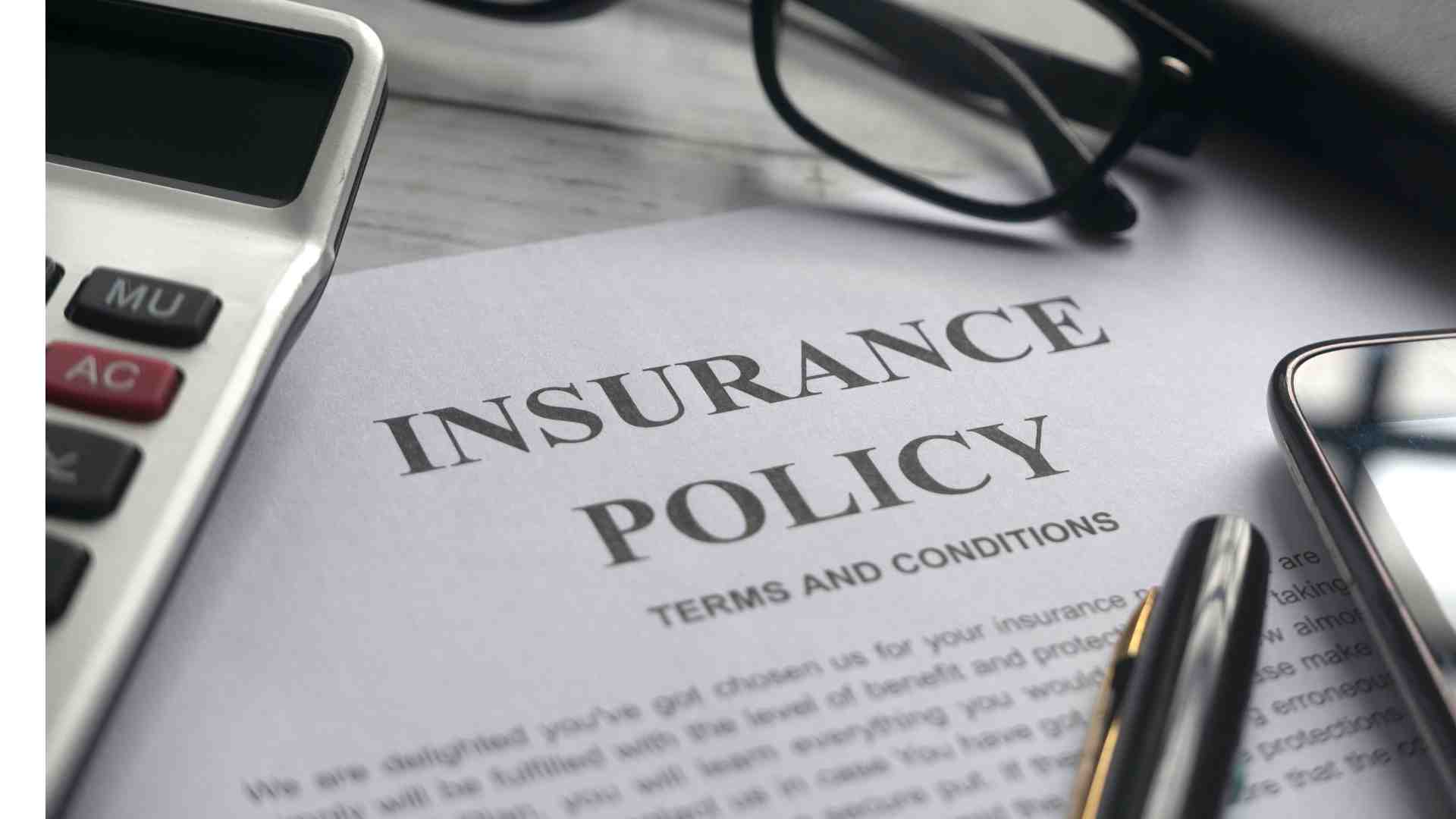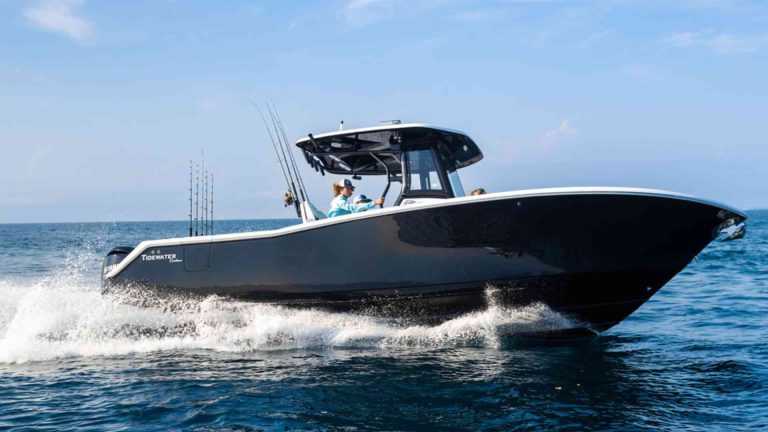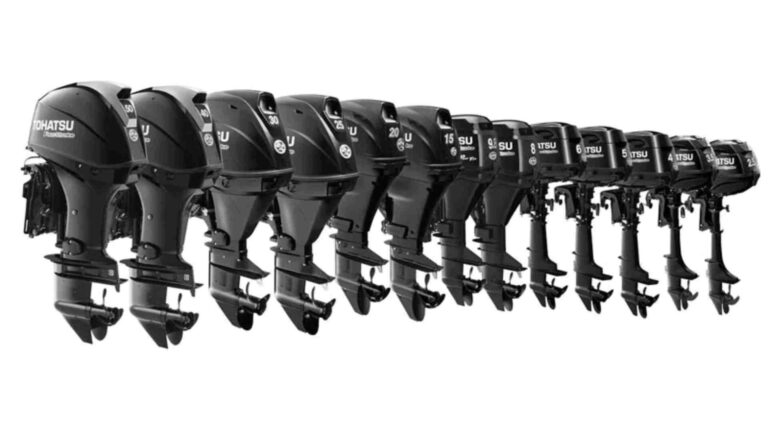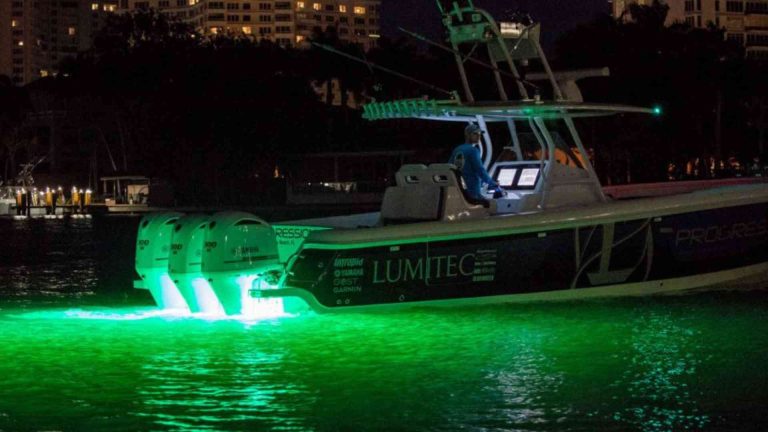Does Boat Insurance Cover Sinking?
Boating is a beloved pastime for many, offering a perfect blend of relaxation and adventure on the water. However, owning a boat also comes with responsibilities, particularly when it comes to protecting your investment. One of the most critical aspects of boat ownership is understanding insurance coverage. Among the many questions boat owners ask, “Does boat insurance cover sinking?” often stands out. In this article, we will delve into the details of boat insurance, the factors that determine coverage for sinking, and tips for choosing the right policy.
Understanding Boat Insurance
Boat insurance is designed to provide financial protection against various risks associated with boat ownership. Similar to auto insurance, boat insurance typically covers:
- Liability Coverage: Protects you in the event you cause damage to another person’s property or injury to another person while operating your boat.
- Physical Damage Coverage: Covers damage to your own boat due to collisions, theft, vandalism, or natural disasters.
- Comprehensive Coverage: Protects against non-collision incidents, such as fire, theft, or sinking.
- Uninsured/Underinsured Boater Coverage: Offers protection if you are involved in an accident with a boat that lacks sufficient insurance.
- Medical Payments Coverage: Covers medical expenses for you and your passengers in the event of an accident.
Does Boat Insurance Cover Sinking?
1. Types of Sinking Coverage
The short answer is that it depends on the type of boat insurance policy you have. Most standard boat insurance policies include coverage for sinking, but the specifics can vary significantly:
- All-Risk Policies: These policies typically cover a wide range of incidents, including sinking due to various causes, such as accidents, weather conditions, or equipment failure.
- Named Peril Policies: These policies only cover specific risks outlined in the policy. If sinking is not explicitly listed as a covered peril, you may not be protected.
2. Causes of Sinking
To determine whether your boat insurance covers sinking, it’s essential to consider the cause of the sinking. Common causes include:
- Accidental Collision: If your boat sinks after hitting another vessel or submerged object, this is generally covered under a standard policy.
- Severe Weather: Damage from storms, hurricanes, or heavy seas can lead to sinking. Most comprehensive policies will cover such incidents.
- Equipment Failure: If a mechanical failure or improper maintenance causes your boat to sink, coverage may vary. Some policies may exclude coverage for damage resulting from lack of maintenance.
- Negligence: If your actions (or inactions) lead to sinking, such as failing to properly secure your boat, coverage may be denied.
3. Policy Exclusions and Limitations
It’s crucial to read the fine print of your boat insurance policy, as many policies have exclusions and limitations. Common exclusions regarding sinking may include:
- Wear and Tear: Damage from normal wear and tear or deterioration due to aging is generally not covered.
- Negligent Behavior: If you were under the influence of drugs or alcohol at the time of sinking, your claim may be denied.
- Failure to Maintain: If your boat sinks due to lack of maintenance (e.g., failing to address known leaks), your insurance may not cover the loss.
Steps to Take if Your Boat Sinks
If your boat does sink, follow these steps to ensure you are prepared for a potential insurance claim:
- Document the Incident: Take photos of the scene, including any visible damage to the boat, other vessels, and the surrounding area. Note the time, date, and weather conditions.
- Notify Authorities: If the sinking poses a hazard to navigation, contact local authorities to report the incident.
- Contact Your Insurance Provider: Reach out to your insurance company as soon as possible to report the sinking and start the claims process.
- Gather Documentation: Collect any documents related to your insurance policy, maintenance records, and any relevant communication regarding the incident.
- Follow Up: Stay in contact with your insurer throughout the claims process to ensure all necessary information is provided.
Choosing the Right Boat Insurance Policy
When selecting a boat insurance policy, consider the following:
- Assess Your Risks: Evaluate the waters where you typically boat and consider factors such as weather conditions, traffic levels, and potential hazards.
- Review Coverage Options: Look for policies that offer comprehensive coverage, including protection against sinking.
- Read the Fine Print: Pay close attention to exclusions and limitations to understand what is and isn’t covered.
- Compare Quotes: Shop around and compare quotes from different insurers to find a policy that meets your needs and budget.
- Consult with an Expert: Consider speaking with an insurance agent who specializes in marine insurance to ensure you get the right coverage for your specific circumstances.
Conclusion
Boat insurance can provide crucial protection for your investment, including coverage for sinking, depending on the specific terms of your policy. By understanding the nuances of boat insurance, including the types of coverage available and potential exclusions, you can make informed decisions and ensure you are adequately protected while enjoying your time on the water. Always remember to review your policy regularly, especially if you make changes to your boat or its usage, to ensure you maintain the best possible coverage for your needs.
Happy Boating!
Share Does Boat Insurance Cover Sinking? with your friends and leave a comment below with your thoughts.
Read Do You Need to Winterize Your Boat? • It Depends until we meet in the next article.







Really helpful article! I had no idea boat insurance might not always cover sinking. This explained things clearly and saved me from making assumptions. Worth the quick read!